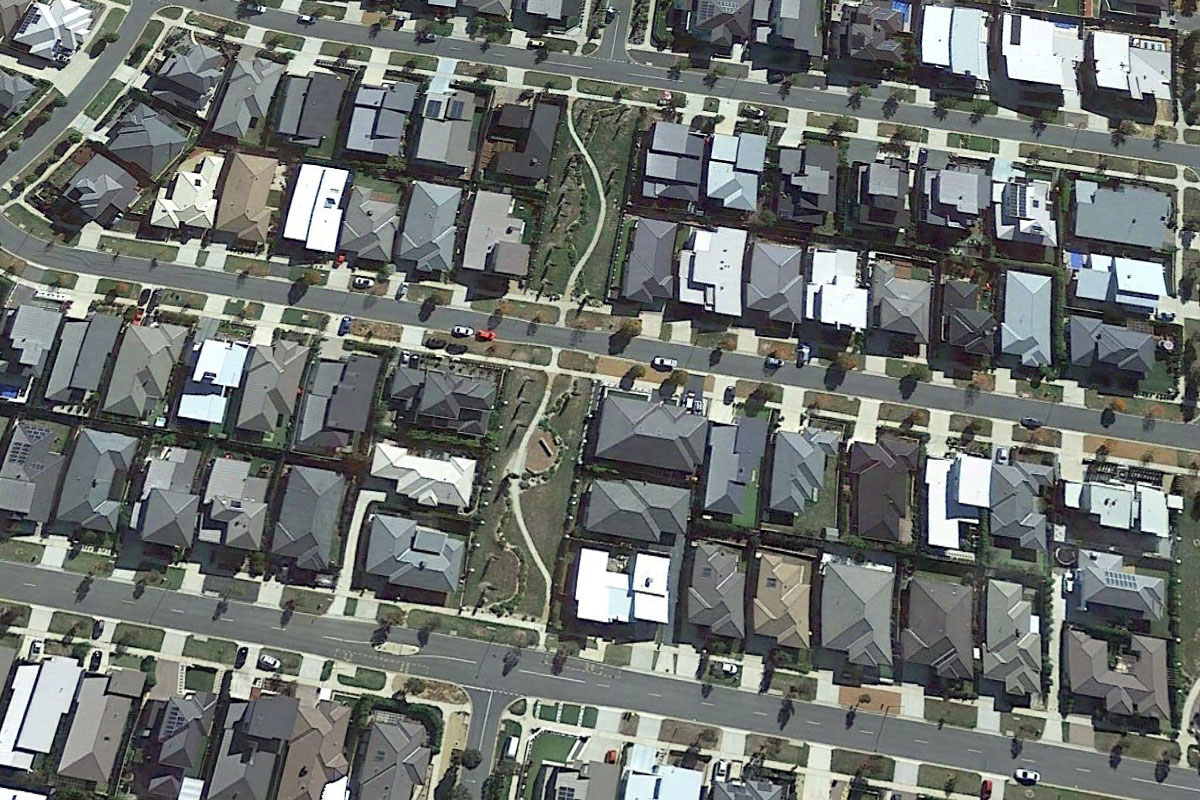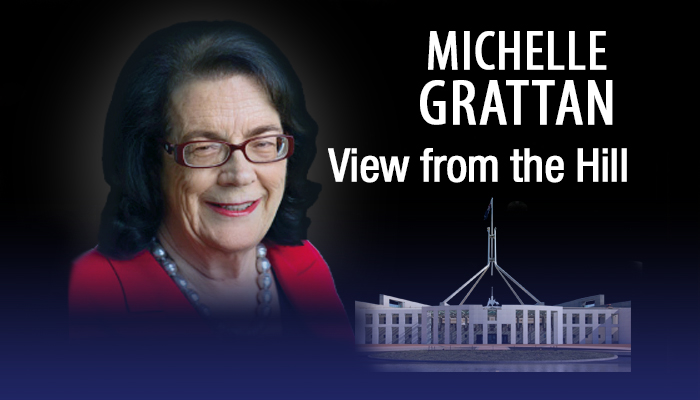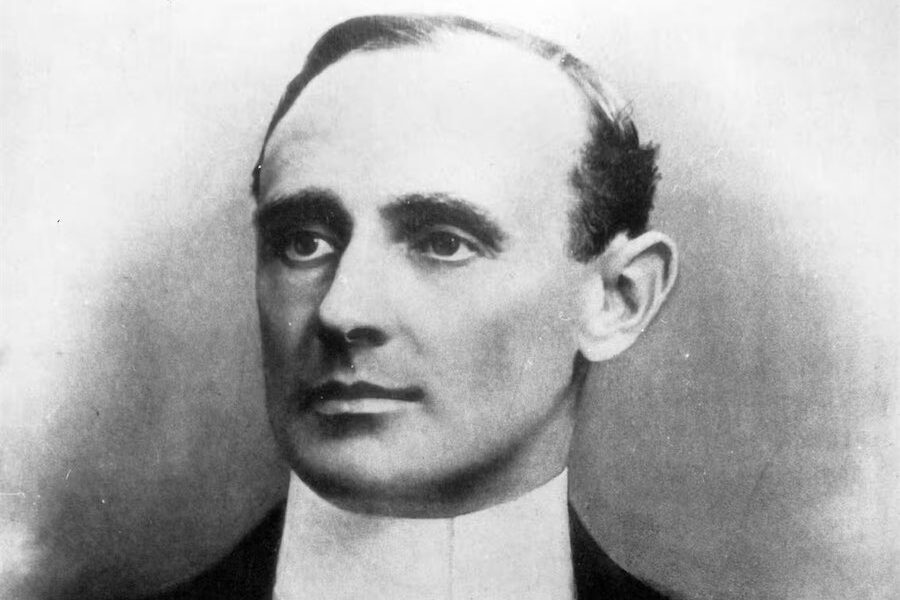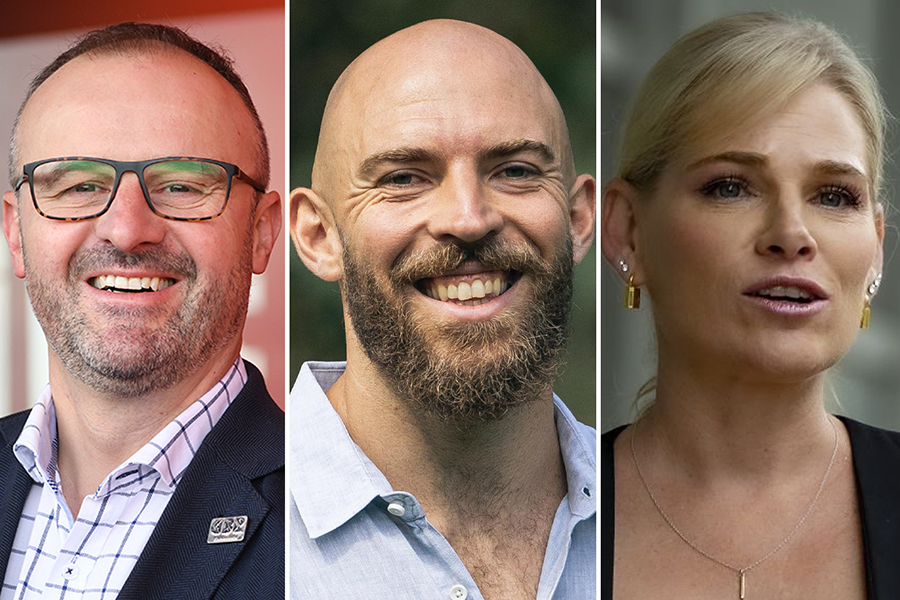
PM Anthony Albanese unveils boosted housing target and incentive payments ahead of Labor’s national conference, writes MICHELLE GRATTAN.
PRIME Minister Anthony Albanese has announced $3 billion in incentives for states and territories and a boosted target for the number of homes to be built, in a package aimed at alleviating Australia’s housing crisis.

A Wednesday national cabinet meeting in Brisbane also advanced work on renters’ rights. But there will be no rent freeze or caps, as demanded by the Greens.
National cabinet agreed on a new national target to build 1.2 million “new, well located homes” over the five years from July 1 next year. The National Housing Accord target was one million homes.
The federal government will provide $3 billion to go to states and territories that exceed their share of the one million homes under the National Housing Accord.
“This will incentivise states and territories to undertake the reforms which are necessary to boost housing supply and increase housing affordability,” Albanese told a news conference after the meeting.
There will also be a $500 million competitive funding program for local and state governments to kickstart supply by such measures as connecting essential services, supporting amenities for new housing development, and building planning capability.
The meeting also endorsed a blueprint that promotes medium and high-density housing in “well-located areas close to existing public transport connections, amenities and employment”, as well as “streamlining approval pathways”.
There will be more collaboration with the states on migration settings.
The “Better Deal for Renters” includes developing a nationally consistent policy on eviction grounds, moving towards limiting rent increases to once a year, and phasing in minimal rental standards.
The Greens said in a statement: “Labor’s announcements today largely enshrine the status quo, leaving millions of renters exposed to unlimited rent increases”.
The housing package comes as Labor prepares for its national conference, amid intensive efforts to defuse contentious issues, especially AUKUS, to ensure the prime minister and the government are not embarrassed.
Defence Minister Richard Marles has held briefings for rank and file party members and unions on AUKUS. There has been deep unease among the party membership over the agreement, which Albanese accepted in opposition virtually immediately, in order to keep Labor a small target on national security for the 2022 election.
The conference will not reject or condemn the AUKUS agreement, with its promise of nuclear-powered submarines. Whatever motion is passed is expected to be relatively anodyne.
One left source who has attended many conferences said the attempted control of this one “is the most rigid I’ve ever seen”.
This is the first national conference in decades where the left has the controlling numbers, but it is not a solid bloc.
There are 402 delegates. The left has 202, including 25 from the CFMEU and industrial left who are not part of the state or territory left groups. The right has 185, with 12 delegates not aligned. The remaining delegates are the president and two vice presidents.
Factions were meeting on Wednesday.
The conference, being held in Brisbane, runs three days, with Albanese delivering his keynote address on Thursday morning.
While the party’s policy platform, settled by the conference, is formally binding on an ALP government, these conferences have nothing like the clout they once did, and are more stage-managed.
On Thursday delegates will discuss the economy, including taxation and housing, climate, the environment and energy security, and health and aged care.
The CFMEU plans to push for support for a super profits tax. This will be backed by the party’s Labor for Housing group.
The union’s national secretary Zach Smith, said recently: “A super profits tax is the fairest way to raise the billions of dollars needed to guarantee every Australian has the basic right of shelter”.
The convener of Labor for Housing, Julijana Todorovic, from the Victorian socialist left, told The Conversation a super profits tax could provide ongoing funds for housing. She said the group would also be advocating structural policy reform that focused on intergenerational inequity in housing.
The AUKUS debate will come on Friday when the foreign affairs and defence sections of the platform are considered.
The government has adjusted its policy on Palestine and Israel ahead of the conference to head off trouble over what is a sensitive issue among party members.
A key feature of the conference will be whether there is a general sentiment that the government should move faster on change or whether the party is generally satisfied with the government’s pace.
Albanese stresses that to achieve major change, Labor has to be a long-term government and therefore cannot move so fast that it alienates voter.
In his foreword to the new national platform he writes: “I’m proud of what we have achieved together so far, but it is just the beginning. Maintaining the momentum we have built is an important part of the responsibility and privilege of forming government.
“It is my deep hope that this is a long-term Labor government because real, enduring reforms that change a country for the better take time.”
Michelle Grattan, Professorial Fellow, University of Canberra. This article is republished from The Conversation.
Who can be trusted?
In a world of spin and confusion, there’s never been a more important time to support independent journalism in Canberra.
If you trust our work online and want to enforce the power of independent voices, I invite you to make a small contribution.
Every dollar of support is invested back into our journalism to help keep citynews.com.au strong and free.
Thank you,
Ian Meikle, editor




Leave a Reply